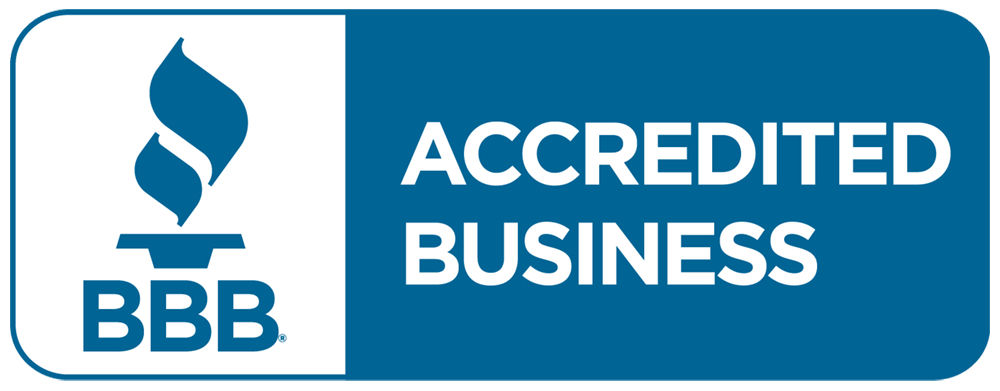If you are dealing with an overwhelming amount of debt, you might wish to know more about the available options for relief. While there may be numerous outlets for debt relief, the correct path on which to pursue a healthier financial future could depend on your current circumstances.
Perhaps you are continually unable to make monthly payments and have fallen well behind as a result. You might be in search of a more permanent solution and wish to explore the possibility of filing for Chapter 7 bankruptcy, but you might need to find out if you are eligible before proceeding.
Determining eligibility for bankruptcy
There are numerous factors that may influence the process, such as income and necessary monthly expenses. Before you can file for Chapter 7 bankruptcy, you will have to meet certain requirements via the means test. This part of bankruptcy includes the following:
First step: In this step, you will have to compare your income over the previous six months with the state median income, and if yours is less than or equal to the state average, you could be eligible to file for Chapter 7 bankruptcy.
Second step: Should your income be higher than the state average, you might still qualify if your remaining income after allowed expenses is insufficient to repay at least a portion of your debts.
Change in circumstances: Perhaps you recently lost your job or had a medical emergency. Even if you fail the means test, you may still be eligible if you can show that a change in circumstances has reduced your income.
Other options: If you are still unable to pass the means test, you could consider filing for Chapter 13 bankruptcy. However, if you are unable to repay even a small portion of debts, you may also consider waiting until you can take the means test again.
Under certain circumstances, a person might be eligible to skip the means test regardless of income, an example of which could include a disabled veteran who acquires debt while on active duty. Speaking with someone with extensive knowledge of federal and Texas state bankruptcy laws could help inform you of the available options and how to proceed.
Advice and assistance moving forward
Filing for bankruptcy is a major decision, and the process can be exceedingly complex. With the potential weight of the outcome of a bankruptcy and the cost of any mistakes, seeking guidance from someone with experience in handling such matters could be in your best interests. By obtaining advice before proceeding, you could gain insight into the available options and their potential outcomes, which may in turn assist you in choosing the best path with which to pursue financial freedom.



